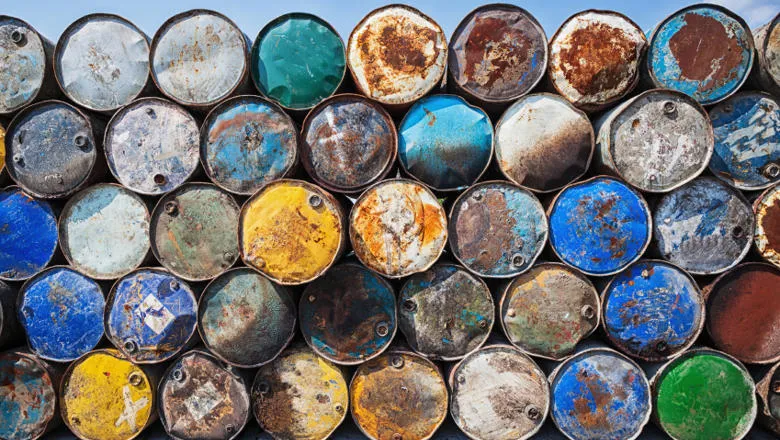23 March 2020
Discovery of oil and gas can perpetuate 'resource curse' in developing countries
The discovery of large deposits of natural resources triggers a huge spike in arms imports in developing countries, a new academic paper has found.

Countries in which large oil or gas discoveries are made see a 25 per cent increase in arms imports in the following five years, with that figure surging up to a 51 per cent increase if the global price of oil hits the $80 a barrel threshold.
The findings are revealed in a new paper, The Oil Nouveau-riche and Arms Imports, by Pierre-Louis Vézina, senior lecturer in economics at King’s College London.
In the paper, Dr Vézina notes that his findings add to the body of work which seeks to explain why growth in newly resource-rich countries often fails to materialise, a phenomenon known as the ‘resource curse’
Dr Vézina, from the Department of Political Economy, said: “This paper adds to our understanding of the resource curse by suggesting a new channel through which resources can hinder development. The purchase of arms may indeed explain why growth in newly oil-rich countries often fails to materialise.
“Public money could be spent on health, education, and infrastructure instead of arms. This effect of discoveries on arms imports also adds to our understanding of the relationship between oil and conflict as arms imports may fuel future conflicts as well as political repression.
“The import of arms may thus be one reason why oil-rich governments perpetuate the curse of oil.”
In the paper, Dr Vézina examines Horn (2011) and World Bank data on large resource discoveries made by 120 developing countries between 1990-2017, and data on arms imports from the Stockholm International Peace Research Institute and the United Nations.
The data also revealed that, perhaps surprisingly, the most significant effect on resource revenues and increasing arms imports was seen in the most democratic countries, rather than in more authoritarian regimes.
Dr Vézina added: “The increase in arms imports after a big discovery may be due to newly oil-rich countries wanting to protect their resources from rebels or foreign invasion, or to arms exporters using arms to offset pricey oil, or to oil-dependent countries seeking to secure future oil supply and contain the risk of instabilities in a future oil supplier.
“I also suggest, based on the anecdotes of Mozambique and Angola, that an alternative mechanism is shady businessmen exploiting these opportunities to siphon debt money made available by the new discoveries.”
You can read the paper in full here.

